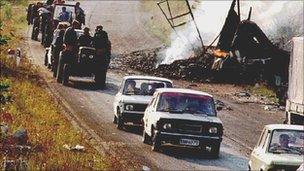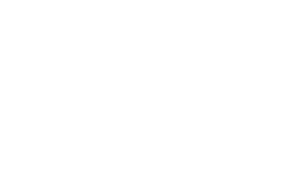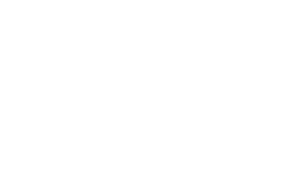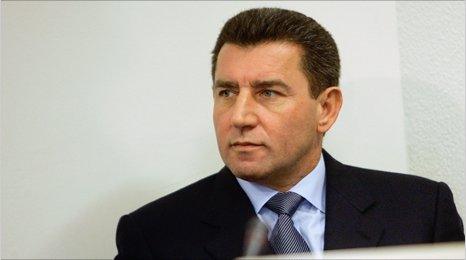How Croatia's Ante Gotovina's past caught up with him
- Published

Operation Storm is still a bitter memory for Serbs forced out of the Krajina
The role of Croatia's General Ante Gotovina in a controversial episode of the Balkan wars is examined by the BBC's former south-east Europe analyst, Gabriel Partos.
General Ante Gotovina was indicted by the Hague tribunal in 2001 for alleged crimes committed by Croatian forces during Operation Storm - the offensive that, in effect, put an end to the rebel Serbs' self-proclaimed republic of Krajina within Croatia.
At the time of the alleged offences - just weeks before his 40th birthday - Gen Gotovina was in charge of the southern area of the Krajina region.
His rise through the ranks of the newly-formed Croatian army had been meteoric. A former French Foreign Legionnaire with the rank of a chief corporal, he had returned to Croatia at the start of the war in 1991.
By the time of Operation Storm, when he moved his headquarters to the rebel Serbs' captured capital, Knin, he was one of his country's most prominent military commanders.
Tipped off
Operation Storm was a turning point during the wars in the former Yugoslavia. In the course of less than a week in August 1995, it ended more than four years of Serb control in an area that accounted for about a quarter of Croatia's territory.

Ante Gotovina could count on the support of many Croats after the war
Serb separatist forces - helped by the Serb-dominated Yugoslav army - had taken that territory in 1991 when they opposed Croatia's proclamation of independence from Yugoslavia.
And the ceasefire mediated by the United Nations after a six-month war had frozen that situation until Croatian forces went on the offensive in 1995.
Although Operation Storm was a considerable military success, it was accompanied by the exodus of nearly 200,000 Serbs. Hundreds of Serb civilians were killed - mostly elderly people who stayed on after their families had left.
Successive Croatian governments maintained that the flight of the Serb population was part of an organised evacuation on the part of the Serb authorities.
According to Zagreb, whatever atrocities may have been committed were isolated incidents carried out by undisciplined individuals.
Following his indictment, Gen Gotovina was tipped off - apparently by sympathisers within the Croatian security services - and he became a fugitive from justice in the summer of 2001.
The lack of enthusiasm for tracking him down had much to do with the widespread perception at the time among Croats of the general as a national hero, not an indicted war crimes suspect.
Political consequences
Gen Gotovina's escape and the subsequent half-hearted attempts of the Croatian authorities to locate him led to serious tensions between Croatia and the European Union, which Zagreb was seeking to join.

Ante Gotovina's trial at The Hague has cleared the way for Croatia's EU accession
In March 2005 the EU postponed the launch of Croatia's accession talks on the eve of their starting date because it judged that Zagreb was still failing to do enough to track down the fugitive general.
The postponement of membership talks led to a change of heart in Zagreb. That year, Prime Minister Ivo Sanader's centre-right government began to take substantive measures to deal with those suspected of providing a support network for Gen Gotovina.
However, Croatia continued to insist that the fugitive general was not on its territory, in spite of reports that he was apparently being sheltered in a Franciscan monastery either in Croatia or in Croatian-inhabited areas of Bosnia-Hercegovina.
The fact that Gen Gotovina was apprehended - and in Spain, not in Croatia - was a huge relief for Zagreb.
Croatia's accession talks with the EU began and Croatia's continued co-operation in this case has remained a precondition for successfully pressing on with the negotiations.
They are due to be concluded in 2011, and Zagreb hopes it is now within touching distance of EU membership.
The case sent strong signals to Belgrade, where the Serbian government also had to prove its co-operation with The Hague before being allowed to join the EU.
While the Bosnian Serbs' wartime leader, Radovan Karadzic, was arrested in Belgrade in 2008, his military commander, Gen Ratko Mladic, remains on the run - and Serbia's EU application remains on hold.
- Published11 April 2011

- Published2 September 2014